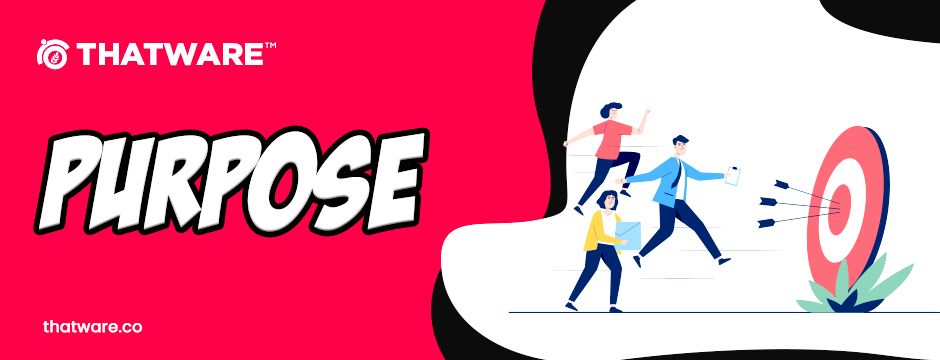In today’s digital age, businesses need to have a strong online presence to succeed. This often involves creating a website, which can include a variety of different pages and elements. Two terms that are often used interchangeably when it comes to website design are “page” and “brand”. While these terms may seem similar at first glance, there are some important differences between them that businesses need to understand to create an effective online strategy.
What is a Page?
A page
is a specific section of a website that is designed to showcase a particular
piece of content. For example, a website may have a “home” page, an “about us”
page, a “services” page, and a “contact” page. Each of these pages will have different
content and serve a specific purpose. Pages are often optimized for specific
keywords or topics to attract visitors from search engines.
What is a Brand?
A
brand, on the other hand, is a much broader concept than a page. A brand is the
overall identity of a business, including its values, mission, and visual
elements such as its logo and color scheme. A brand is designed to create a
specific impression in the minds of consumers and can be thought of as the
emotional connection that a customer has with a business.
Differences Between
Pages and Brands
Now
that we understand what pages and brands are, let’s take a closer look at some
of the key differences between them.
Purpose
The
main purpose of a page is to provide information to visitors. This information
may be about a particular product or service, or it may be more general
information about the business itself. Pages are designed to be optimized for
search engines and are often created with specific keywords or topics in mind.
The
purpose of a brand, on the other hand, is to create a specific impression in
the minds of consumers. A brand is designed to create an emotional connection
with customers and to build a sense of trust and loyalty over time. While pages
are focused on providing information, brands are focused on creating an overall
identity and reputation for a business.
Lifespan
Pages
are often created and updated regularly and can change over time as a business
evolves. For example, a page about a specific product may need to be updated as
the product changes or as new information becomes available. A brand, on the
other hand, is designed to be more long-lasting. While a brand may evolve as a
business grows and changes, the core values and identity of the brand should
remain consistent. A strong brand can help to build trust and loyalty with
customers over time, which can be invaluable for businesses that want to
establish themselves as leaders in their industry.
Strategy
When it
comes to website design and online marketing, pages and brands require
different strategies. Pages are often created with search engine optimization
(SEO) in mind and may be designed to attract visitors who are searching for
specific keywords or topics.
Brands,
on the other hand, require a more holistic approach. Building a strong brand
involves creating a consistent visual identity, communicating core values and
messaging to customers, and establishing a sense of trust and authenticity.
This may involve creating a social media presence, building a strong email
marketing strategy, and investing in customer service and support.
Conclusion
In
summary, pages and brands are both important components of a successful online
strategy. Pages provide valuable information to visitors and can help to
attract new customers through search engine optimization. Brands, on the other
hand, create an emotional connection with customers and can help to establish
trust and loyalty over time.
By
understanding the differences between pages and brands, businesses can create a
more effective online strategy that balances the needs of both elements. It can
help to establish a strong online presence. Wanted to cover more such blogs?
Keep an eye on Thatware!









0 Comments